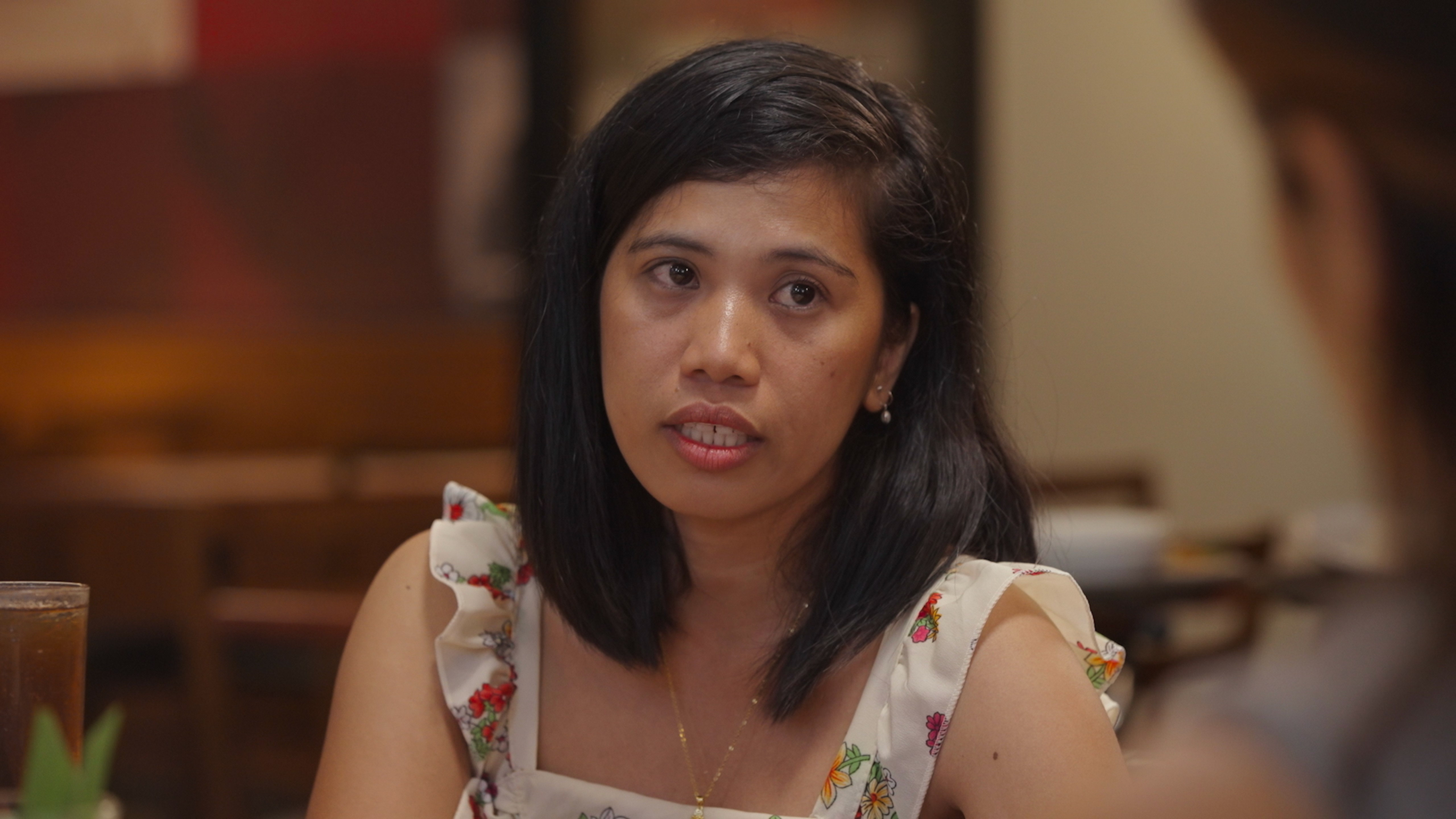Sunisa Lee's gold medal was celebrated widely by her Hmong community. Photos: Martin BUREAU / AFP (left); STEPHEN MATUREN / GETTY IMAGES NORTH AMERICA / GETTY IMAGES VIA AFP
At a large watch party in her home state of Minnesota, Sunisa Lee’s family leapt out of their chairs as they learned she made history.The 18-year-old gymnast had won the individual all-around gymnastics event, making her the first Hmong American to win an Olympic gold. In her hometown of St. Paul, stores put up signs celebrating the young athlete. The Twin Cities’ mayor declared July 30 as “Sunisa Lee Day.” People wore “Team Suni” T-shirts and flocked to Hmong-owned bars.Her win, celebrated by many Americans, was not just significant because of how well she performed, after fellow U.S. gymnast Simone Biles withdrew from the event. Through her tumbles and tricks, Lee also drew attention to a people often cloaked in American history.Phillipe Thao, a 25-year-old Hmong American writer, was overjoyed when he learned Lee had won. “I was pet sitting, so I was crying to the dogs and the cats as I was watching,” he told VICE World News as he dialed in from a Hmong-owned bar, Vine Park Brewing, which was handing out free beers. “I think the Hmong community has united over more tragedies than celebrations. One reason this feels so monumental is because we can finally cry tears of joy, not tears from loss and trauma,” he said. During the 1970s, thousands of Hmong, who predominantly lived in China and Southeast Asia, moved to the United States as political refugees, mostly to California, Minnesota, and Wisconsin. Lee’s parents, Yeev Thoj and John Lee, fled to Minnesota from Laos.After being recruited as proxy soldiers for a CIA-sponsored secret war against communist insurgents in Laos, Hmong sought to flee the region with their families. From 1964 to 1973, the U.S. dropped more than 2 million tons of bombs on Laos, making it what former U.S. President Barack Obama called “the most heavily bombed country in history.”But their losses, though devastating, are often eclipsed by the more well-documented Vietnam War. As a result, Hmong history gets left out of many textbooks. Some people have admitted they only learned about the Hmong people after Sunisa Lee won gold.Sunisa’s win “has helped put the Hmong people on the map,” Thiney Vang-Elfers, a 38-year-old Hmong American woman living in Wisconsin, told VICE World News.“Many still do not know who the Hmong people are,” she said. “This is even true for my husband and his family who are also from the state of Wisconsin and who are not Hmong.”But, she said, “many have and will ask, many will Google and search, and Sunisa has opened the doors for many to learn about a quiet culture ready to make an incredible mark in current history.” Although the Hmong people found political refuge in the United States, their status as migrants in their new home meant they still faced great financial and social insecurity. Nearly a quarter live in poverty, and they have the lowest rate of education among ethnic groups in the country. Thao, the writer, welcomes the spotlight on his community, but he said there was irony in how Lee was celebrated. “The Olympics is such an opportunity to showcase patriotism and nationalism for America,” Thao said, but he questioned why the Olympians representing the U.S. were “usually the ones who are most harmed by” the country. The larger Asian American community has suffered an uptick of racism during the pandemic. Stop AAPI Hate, an advocacy group, said it received more than 2,800 reports of hate incidents directed at Asian Americans nationwide in 2020. The group doesn’t have separate statistics for Hmong Americans.Thao said although there’s more to be done to educate people about Hmong history, the accomplishments by members of his community have already rewritten his people into American history.“Before Suni Lee, we only had Brenda Song, who I love,” he said, referring to the American actress. “Whenever people would ask me ‘What are you?’ and I would say Hmong, I always had to reference Brenda Song or Gran Torino,” a movie featuring Hmong people.But to now have a third Hmong reference, and someone who has spoken so openly about her history and community, “makes us feel really proud of her,” Thao said.Follow Hanako Montgomery on Twitter and Instagram.
The larger Asian American community has suffered an uptick of racism during the pandemic. Stop AAPI Hate, an advocacy group, said it received more than 2,800 reports of hate incidents directed at Asian Americans nationwide in 2020. The group doesn’t have separate statistics for Hmong Americans.Thao said although there’s more to be done to educate people about Hmong history, the accomplishments by members of his community have already rewritten his people into American history.“Before Suni Lee, we only had Brenda Song, who I love,” he said, referring to the American actress. “Whenever people would ask me ‘What are you?’ and I would say Hmong, I always had to reference Brenda Song or Gran Torino,” a movie featuring Hmong people.But to now have a third Hmong reference, and someone who has spoken so openly about her history and community, “makes us feel really proud of her,” Thao said.Follow Hanako Montgomery on Twitter and Instagram.
Advertisement
Advertisement
Advertisement

